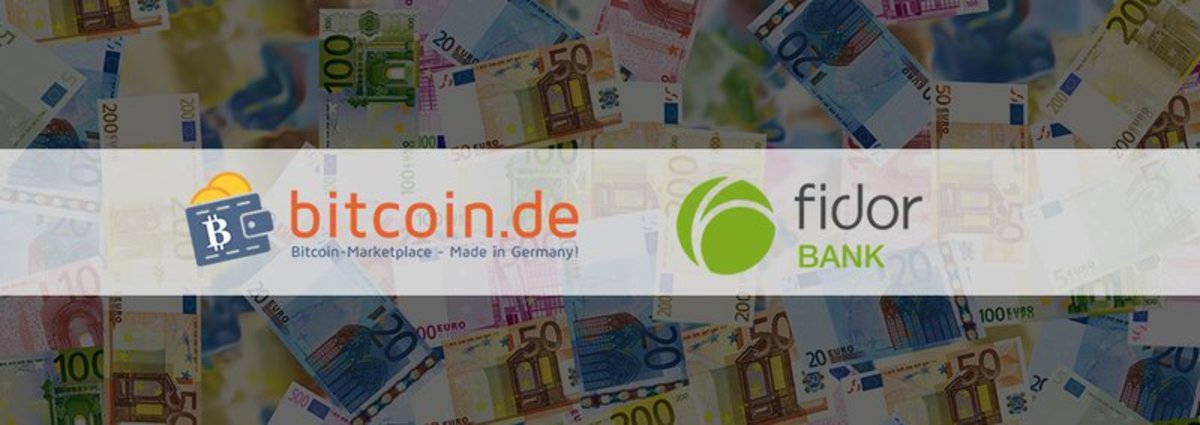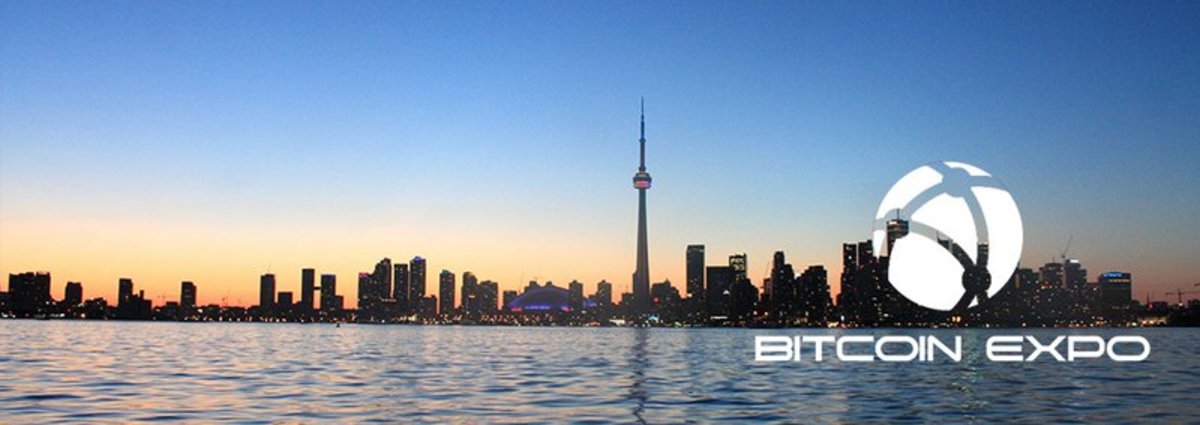
German Bitcoin exchange bitcoin.de and Fidor Bank have announced a new “Bitcoin Express” option for Fidor Bank customers to buy and sell bitcoin instantly on the exchange.
The new option addresses the delays involved in exchange transactions. Bitcoin exchanges like BitStamp, which are not licensed banks, must often wait hours or even days for a transaction to be cleared by an external bank. But because Fidor Bank is fully licensed, it is able to provide a direct interface to the mainstream banking system, eliminating transaction delays.
As a result, holders of a “Fidor Smart Giro Account” are now able to purchase bitcoin directly from a bank account and receive bitcoin immediately after the purchase. They can also sell bitcoin to another Smart Giro Account holder and have the money instantly credited to their account. Since the money is always in the user’s bank account, customers don’t have to worry about the possible insolvency – or dishonest behavior – of an external exchange operator.
The Smart Giro Account is a full bank account with all the standard features, including interest on credit balances and a low-cost credit card. The latter is, in practice, equivalent to a card that can be recharged with bitcoin.
Oliver Flaskämper, board member of bitcoin.de, said, “That is not only good news for all Bitcoin fans, but also good news for fintech companies based in Germany. “
Fidor Bank CEO Matthias Kroener commented: “The prompt conducting of [Bitcoin transactions] from one bank customer to another bank customer enhances security massively. As such Fidor Bank is setting a further milestone in digital banking.”
In related news, Fidor Bank disclosed plans to expand to the U.S. market. Kroener praised U.S. authorities’ open and pragmatic middle-of-the-road approach to Bitcoin regulation.
Kroener is persuaded that traditional U.S. banks are losing their appeal, especially among younger generations, because they don’t offer the innovative services that today’s tech-savvy consumers demand.
“The reason that a lot of very successful fintech startups are happening in the U.S. is not only because there are so many talented people setting up those businesses. It is also because there is a huge gap in innovative services.”
Fidor Bank is known as a modern Internet Bank and an early adopter of new trends in fintech with innovative services for connected consumers. Fast Company named Fidor Bank one of the world’s top 10 most innovative companies of 2015 in personal finance, and described it as a social bank that leverages cutting-edge technology to respond to customer wishes.
Fidor Bank’s fintech community website invites developers, notably dubbed “Pirates of Banking,” to become “part of reshaping the post-crisis banking industry through cutting-edge technology instead of doing the minimum to be compliant.” The deployment of innovative fintech services in the U.S. market could boost the mainstream acceptance of Bitcoin and the digital economy as a whole.










